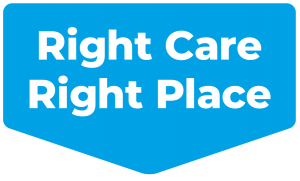 With a few simple steps, you can take care of yourself and your family this Autumn
With a few simple steps, you can take care of yourself and your family this Autumn
- Check your repeat prescription, order only what you need, in plenty of time.
- Know how to treat common illnesses at home.
- Visit NHS Inform for health information and advice including common symptoms and self-help guides
- If you need to talk to a healthcare professional it’s important that you get the right care in the right place, which could be your local pharmacy, your GP or by calling 111.
Winter Vaccinations
The flu and coronavirus (COVID-19) vaccines are being offered to certain groups. If you’re eligible, you will receive a letter, email or text message with details of your appointment or information on how you can book one. Please wait to be contacted.
More information about vaccines and eligibility is available on our Seasonal Vaccinations section.
If you need to talk to a healthcare professional it’s important that you get the right care in the right place. See the sections below on how to access health information and advice.
View the different sections below for information on:
Pharmacy Services
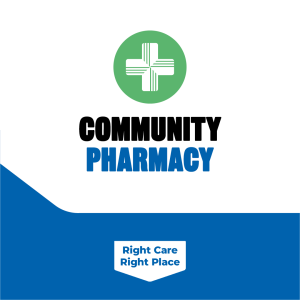
Under a scheme called Pharmacy First, all pharmacies in the Forth Valley area can provide advice and treatment, free of charge, without the need for a prescription for a wide range of common health conditions. These include urine infections, skin infections, shingles, conjunctivitis, thrush and eczema as well as emergency contraception. Pharmacists can also provide free treatment and advice for skin conditions such as dermatitis and allergic reactions to insect bites, an initial three-month supply of the progestogen-only pill as well as emergency contraception.
Pharmacy First Plus is an additional service available in 32 pharmacies in the Forth Valley area where pharmacists prescribers are able to provide advice and treatment for a wider range of more complex conditions. This includes antibiotics, if appropriate, for chest infections, sore ears, sore throats and sinusitis which can help avoid the need to visit a GP Practice. You can find details of the pharmacies which provide the Pharmacy First Plus services on the Pharmacy section.
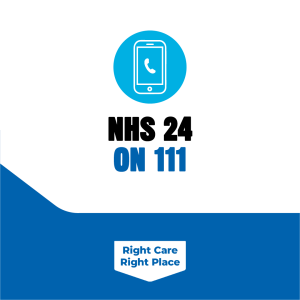
Minor injuries, illnesses or urgent health advice
Visit NHS Inform or call NHS 24 on 111 for:
- Healthcare advice
- Information on many common symptoms and advice on what to do
- A telephone or video consultation with a local healthcare professional
- An appointment at our Minor Injuries Unit so you don’t have to wait if you need to be seen
For more information, including the wide range of injuries which can be treated at our Minor Injuries Unit, see our Guide to Local Services.
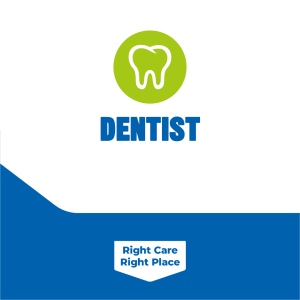
Dental Services
If you’re experiencing dental problems such as tooth pain, swollen or bleeding gums, or an injury to your mouth, your local dental practice should be the first place you contact. If you are not currently registered with a dentist and require urgent dental advice you can contact NHS Forth Valley’s Dental Helpline on 01324 614670 (Monday to Friday 8.30am to 6.00pm) or during evenings, weekends and public holidays contact NHS 24 on 111 for advice.
For more information visit NHS Inform or see the Dental Service section of our Guide to Local Services.
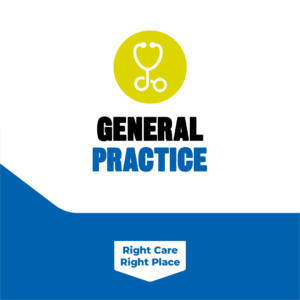
GP Practice Services
If you have a minor injury or require urgent healthcare advice but it’s not something life-threatening visit NHS Inform for advice or call NHS 24 on 111 (day or night) to access the right advice and care as quickly as possible. NHS 24 can also arrange for you to speak to a local healthcare professional (via telephone or a video consultation) or arrange an appointment for you to be seen at a local healthcare centre or hospital so you don’t need to wait when you attend. You can also arrange to see a wider range of healthcare professionals, including physiotherapists, mental health nurses and advanced nurse practitioners, at your local GP Practice. More information is available on the GP Practice Team section of the Guide to Local Services.
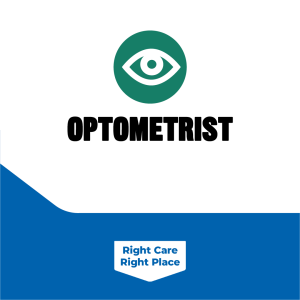 Optometrist (Eye Care Services)
Optometrist (Eye Care Services)
If you’re experiencing eye problems such as a red or sticky eye, blurred vision, or flashes and floaters, please contact your optometrist who will be able to assist you.
For more information visit NHS Inform or see the Eye Problems section of our Guide to Local Services.
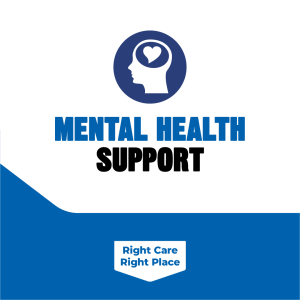
Mental Health Support
If you’re in need of mental health support, you can contact your General Practice, or call NHS 24 on 111.
You can also call Breathing Space on 0800 83 85 87, open Monday – Thursday 6pm to 2am and weekends Friday 6pm to Monday 6am.
For more information visit our Mental Health & Wellbeing section.

